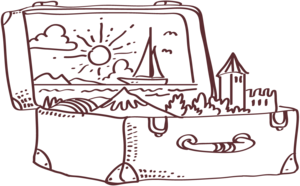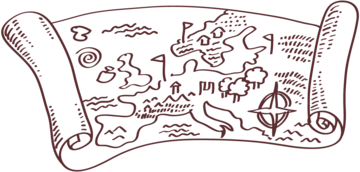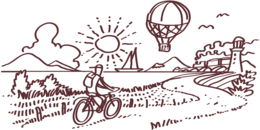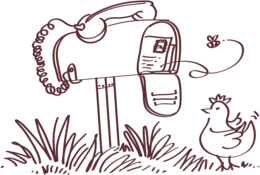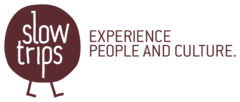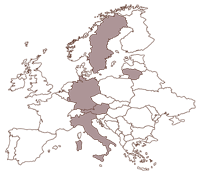The project "Slow Trips" was already in its infancy back in a first LEADER-phase during the years 2010-2013. The project, originally called "CultTrips", was intended to meet increasing demand for individual fulfilment through an authentic experience, particularly in the fields of culture and tourism. The planned project thus sought to develop a differing cultural tourism approach, as opposed to traditional cultural tourism, away from mainstream tourism and as part of regional development. Therefore the approach aimed to focus on the participatory involvement of the local population, with a strong focus on sustainability. The key was to create good relationships between guests (tourists) and locals, promote intercultural learning and experience local traditions through authentic activities. Furthermore a transnational exchange with other European rural regions was also aspired to. The internationality of the project meant all regions exchanged in a participative manner and supported each other by monitoring and evaluating the tourism products of other regions. Furthermore, the international aspect of the project supported the cultural exchange of all regions, meaning that after each meeting and Pilot trip, etc. people started to reflect on their own culture, tradition and lifestyle.
Your cookie settings prevent you from viewing this content.
Would you like to change the settings?
Adequately marketable and participative cultural tourism products that represent CultTrips’ philosophy and key values were and are developed. They comprise various and wide-ranging products such as e.g. workshops, guided tours, discovery activities, gastronomic experiences and so on that can be combined easily and in a target-oriented manner (e.g. day modules, packages, etc.).
First offers were experienced during Pilot Trips with “test-persons” and their feedback allowed to finetune the commonly worked out concept for a later professional marketing.
The idea is to start this marketing phase in a second project step through the LEADER-programme 2014-2020. This resulted in the continuation of the project "Slow Trips" as you can find it here on this website now.

